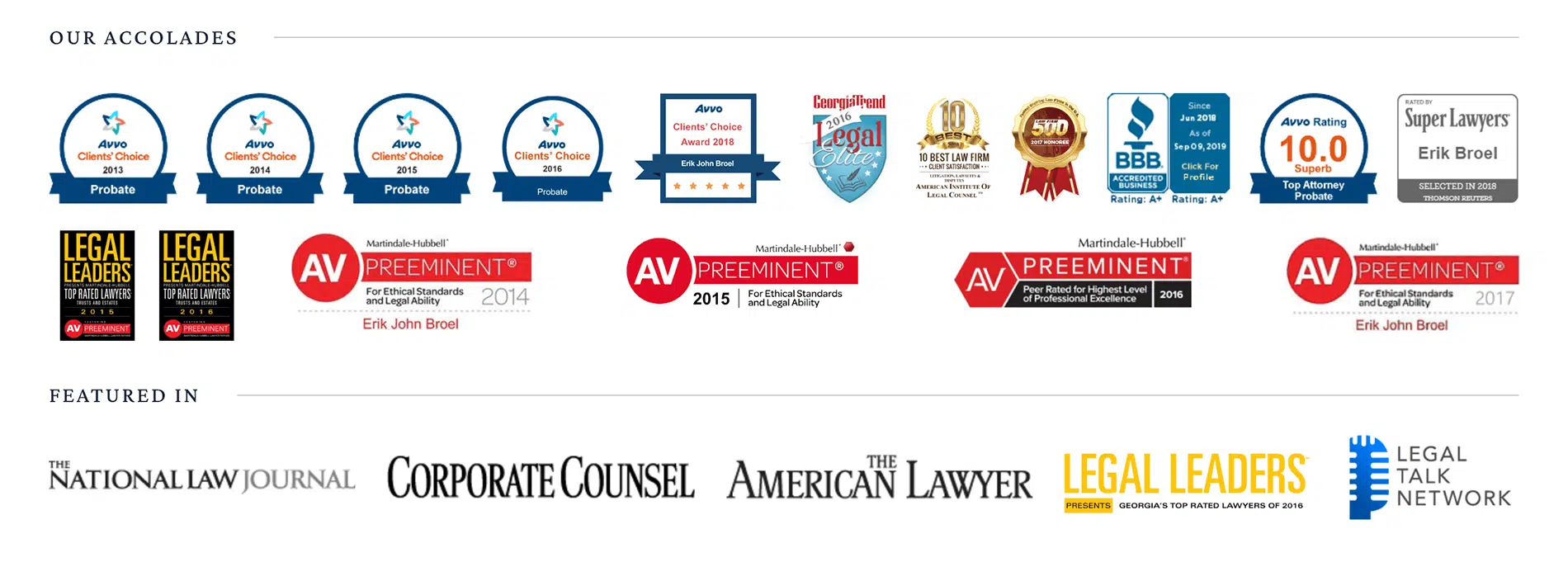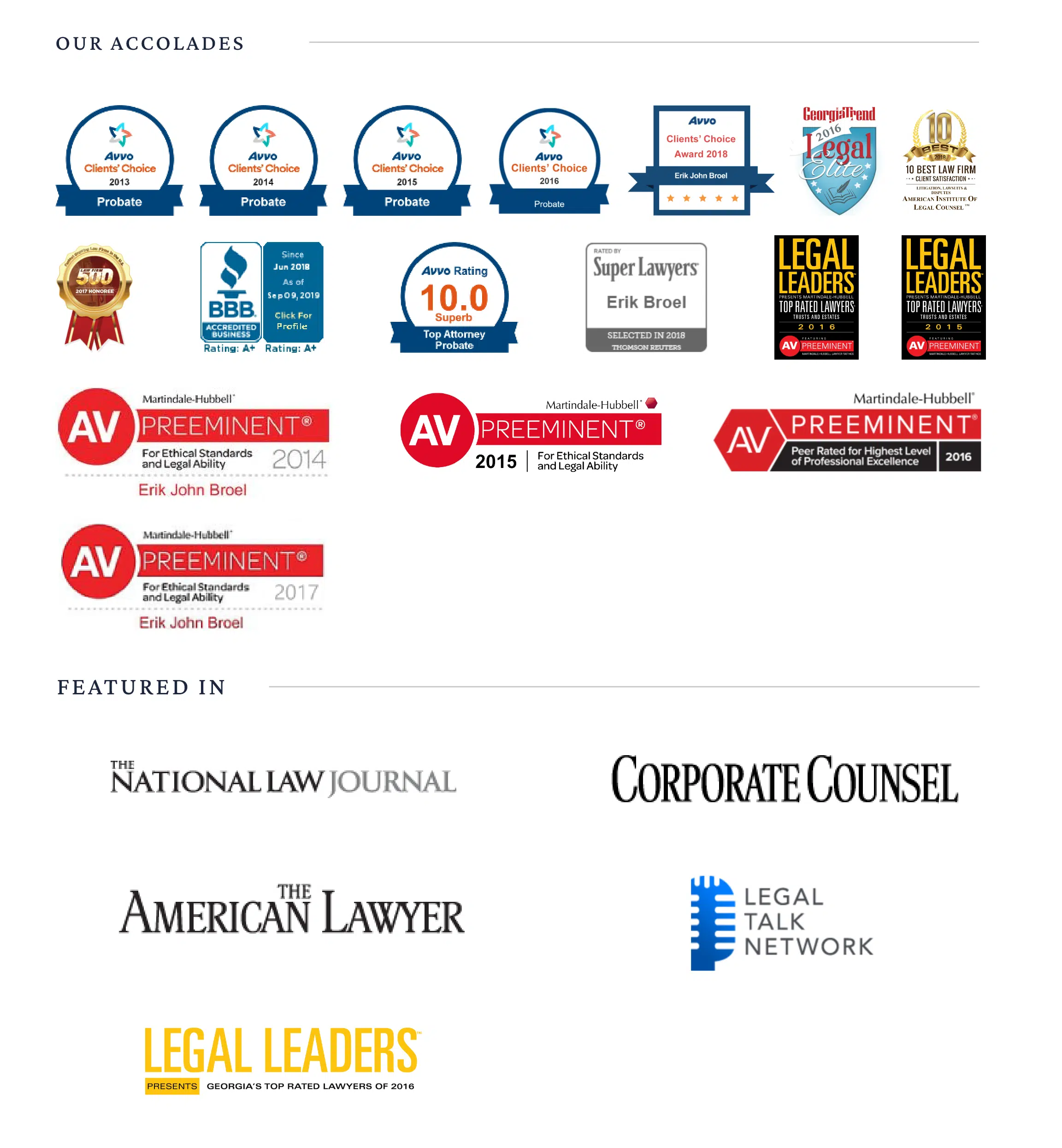When a loved one passes away and leaves a will, it will indicate the Executor or Co-executors, beneficiaries, and heirs. Plus, instructions on how the estate should be managed to accomplish the departed desires.
When the deceased person leaves a will and names an individual to administer their estate after death, that person is called the Executor. If two persons are designated, they are called co-executors.
There may be situations when the person or persons named first do not want to serve as Executor. If a Successor Executor is listed, then that person can be the Executor of the Estate.
The initially named individuals would need to resign to allow the Successor to become appointed.
When there is a will, this document usually identifies one person to act on behalf of the estate, an executor.
The decedent typically designates a family member, surviving spouse, a trusted lawyer, or anyone they consider qualified to fulfill their final wishes.
Should the nominated person accept the role, they will be responsible for:
Having an Executor implies the existence of a Last Will and Testament left by the deceased. And it indicates who has been chosen by the deceased to settle the estate.
If there is no will, an Administrator is nominated to serve as Personal Representative to settle the estate. The heirs of the estate will choose an individual to serve as Administrator.
When the heirs disagree on who to appoint, the Probate Court may appoint an individual as the Administrator.
If the Probate Court appoints an Administrator, it can be someone from the family or a court-appointed Administrator.
When an estate is supposed to be managed by two people together, they are called Co-executors of a will.
The Co-executors named in the will will serve together in the role of Executor and will settle the estate jointly. They must act in unison and perform all duties of Co-Executors together, at the same time and same place.
Can a will have two executors?
Yes, if the will names Co-Executors in the will.
Can an executor appoint a Co-executor?
No, the will appoints the Co-Executors, and they will serve as Executor if the will is probated.
Suppose one or more persons do not wish to serve as Executor. In that case, they can renounce the Executor position and allow someone else to attempt to be appointed as Executor.
What is the difference between an Executor and a Co-executor?
The difference between an Executor and a Co-executor is that the Co-executor shares his authority with another person and must agree and collaborate entirely. All the decisions a Co-executor makes should be approved by the other person named Co-executor.
Being a Co-executor involves multiple responsibilities like:
Here are some common examples of when Co-executors would need to work together in the best interest of an estate.
Let’s say the estate has a house that is for sale. Both Co-Executors need to sign the sale paperwork together.
If they don’t, or if one of them tries to do it without the other, that can lead to trouble because they don’t have the authority to sign that paperwork independently.
Another situation might be when Co-executors must write a check to pay a vendor. For example, hiring someone to clean and prepare the house for sale.
How do you find a Co-executor?
You don’t have to find a Co-executor. The deceased’s Last Will and Testament should name the Co-executors.
Yes, they’re supposed to sign checks together. And to take action together, jointly as a pair. Under Georgia law, both Co-executors must sign that check because, otherwise, the check wouldn’t be valid.
No, having Co-executors means having a partnership.
Under Georgia law, those two Co-executors must now act as one. And work as a team whenever they decide on the estate.
They must cooperate no matter what they need to decide or task to execute.

If the will specifies Co-executors, then it’s best to sit down and discuss best practices and develop an estate plan to ensure this process works correctly. And everything goes smoothly for everyone involved.
The best way not to disarray this up is not to have Co-executors at all.
Georgia Probate Law Group recommends against co anything. Practice shows it is preferable to have only one Executor.
For example, a typical situation occurs when one or both Co-executors are out of town or live in different states. In that case, we’re using FedEx or UPS a lot to move documents around. There’s a lot of logistics that can go into that.
The first thing to do is to communicate to the bad-acting Co-executor that beneficiaries believe their actions are not in the estate’s best interest. And that they disapprove of the Co-executor’s actions.
In such a situation, the Co-executor must consider how to protect themselves.
It’s helpful to know that if the wrong actions of one Co-executor cause some harm to an heir, to a beneficiary, or to a third party, both Co-executors can be held liable for those actions. Even if only one Co-executor is misbehaving.
This is one of the few times in the law where someone may have a duty to take legal action or sue the other Co-executor. They may have an obligation to take the bad-acting Co-executor to court and formally file a legal objection to that Co-executor’s actions.
If you’d like to talk with a specialist about handling a co-executor situation, please call our office at (770) 637-3272 or schedule a consultation. We’re happy to help.
Disclaimer: The information above is provided for general information only and should not be considered legal advice. Our probate attorneys provide legal advice to our clients after talking about the specific circumstances of the client’s situation. Our law firm cannot give you legal advice unless we understand your situation by talking with you. Please contact our law office to receive specific information about your situation.
Compassionate listeners, knowledgeable guidance. Schedule a free consultation with our team and let us help you and your family with your legal concerns.
GET IN TOUCH 770-796-4685Learn Important Probate Essentials, including key things that go wrong in an estate, how to prevent them, and what to do if they happen.



© 2024 Georgia Probate Law Group by Broel Law, LLC. All rights reserved.